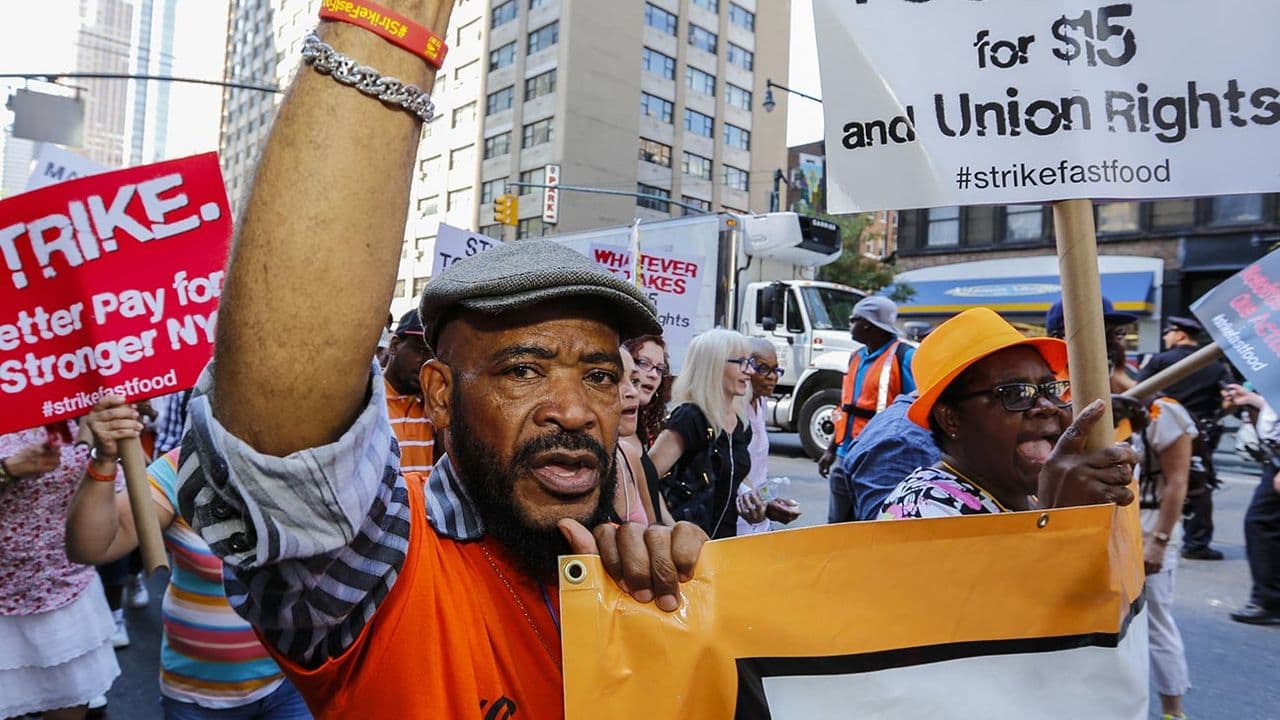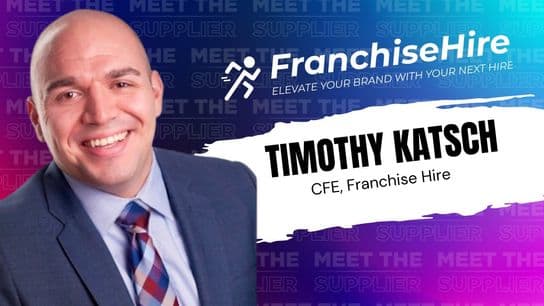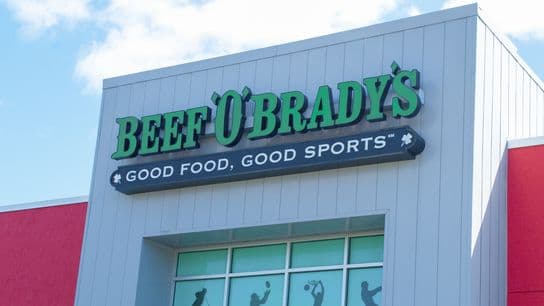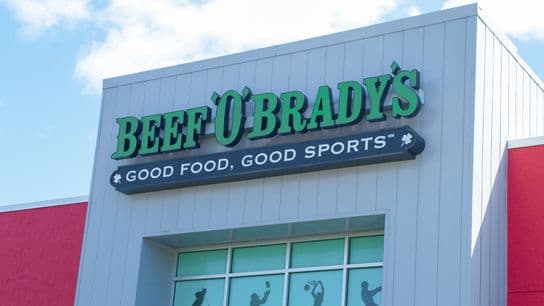Of all the challenges to the franchise model that have arisen from state legislatures, courts and government agencies, one appears to have the attention of the franchise industry above the others: the National Labor Relations Board’s ruling in July that large corporations like McDonald’s could be co.....
Of all the challenges to the franchise model that have arisen from state legislatures, courts and government agencies, one appears to have the attention of the franchise industry above the others: the
National Labor Relations Board’s ruling in July that large corporations like McDonald’s could be considered joint employers with their franchisees.
The International Franchise Association and its members have tracked several cases in addition to the advice memo from the general counsel of the NLRB, including California’s S.B. 610 and other so-called “fair franchising” state bills, or repeated strikes and demonstrations against fast-food franchises calling for a higher minimum wage. But the IFA, franchisors and franchisees agreed that making brands and their franchisees jointly responsible for all terms of employment for every worker could be the most troubling.
“The franchise business model has been under attack on numerous fronts this past year, yet nothing would be more damaging to the model than the recent decision by the National Labor Relations Board to change the joint-employer standard,” Matt Haller, senior vice president of media relations and public policy, said in a statement to 1851 Magazine.
Last week the IFA gathered about 360 franchise owners in Washington, D.C., at its annual Public Affairs Conference, and the attendees took the “fight for franchising” theme to lawmakers on Capitol Hill to lobby against legislation that would harm the franchising model, Haller added. The IFA also launched the Franchise Action Network, an initiative to mobilize franchisees, franchisors and suppliers to share a collective voice on important public-policy issues.
Haller said a new joint-employer standard could make it easier for labor unions to unionize multiple franchised locations of a single franchisor, as well as compel franchisors to overtake operational control and decisions from franchisees with regards to employment and human resources.
“The decision would place responsibility on the franchisor to manage, monitor and control activities of workers at locations where the franchisor currently has no operational control,” he said. “This would take away the rights of franchisees to independently operate their own business and ultimately curtail or even eliminate the opportunities for Americans to own a franchise business.”
Scott DeFife, executive vice president of policy and government affairs for the
National Restaurant Association, agreed that the joint-employer ruling was a major issue for restaurants and other franchises and sought to frame it in a broader context about organized labor.
“There is something larger going on than just the NLRB ruling; it’s also a labor union issue,” DeFife said. “The growth of the service economy and franchising has made it more difficult, some say, to unionize the workforce. … Most consumers feel good about interacting with the restaurant and service industries, but the first order of business for the advocates on the other side is to take the industry down a few notches. They come back with policy objectives rather than go to the legislature to get the law changed. They also take it to the consumers through the media and through strikes and demonstrations.”
Brands, franchisees remain vigilant
Executives of franchise brands are paying attention to the public-policy arena as much as possible and have begun studying how a different joint-employer standard might affect them, even if it still has to be upheld by the NLRB and could be appealed for years.
“Franchising is built on the notion that these are independently owned and operated businesses, with independent relationships between franchisees and their employees,” said Todd Leff, president and chief executive of
Hand & Stone Franchise Corp. “I’m hoping this issue is resolved politically and does not upend all of this established case law in the area of franchising.”
Leff, also a member of the IFA’s Research Committee, conceded that the joint-employer issue could take years to be resolved, given the long appeal process if the NLRB upholds the general counsel’s ruling in the advice memo. But even if new requirements are not imminent, he said, the uncertainty the situation creates still could have a negative effect on franchising.
“It’s a lot like the Affordable Care Act,” Leff said. “The government kept extending the employer mandate, but the whole law had an effect on hiring for a lot of franchise businesses.”
Matt Kelton, chief operating officer of
Showhomes, noted that increased legal costs or exposure to litigation may be something giant corporations like McDonald’s or FedEx could handle, but those “joint employer” or “vicarious liability” risks might seriously threaten smaller franchisors.
“It is hard to earn a living today for both franchisees and franchisors,” Kelton said. “We put every penny we make back into the business to build up our infrastructure. If we have to spend even more money on legal burdens, it limits the dollars we can use for advertising and support.”
He agreed that the joint-employer notion went against the way franchising is supposed to empower individual small-business owners.
“We make a big point to our franchisees that they’re the CEO of their own company and that we’re not micromanaging them,” Kelton said. “If I have to get involved in every franchisee’s hiring and human resources, at some point I might as well just have corporate locations, for all the effort involved. Franchising might not be perfect, but the system certainly isn’t broken.”
Haller of the IFA added that the NLRB general counsel’s joint-employer decision “should serve as a wakeup call for all franchise businesses” and encouraged industry players to join the Franchise Action Network to speak up to lawmakers.













